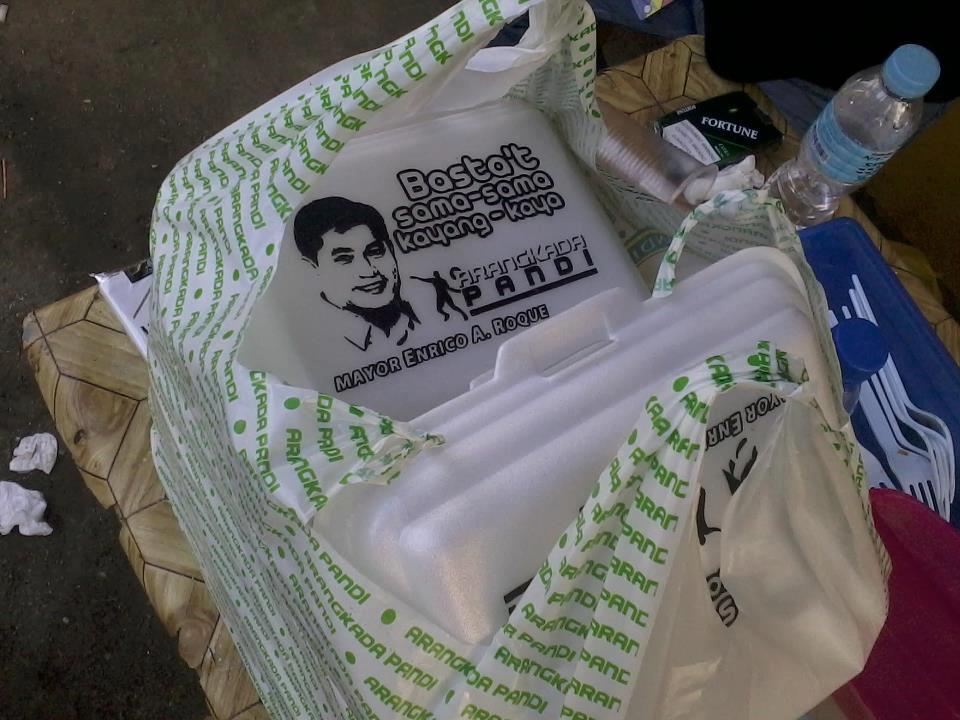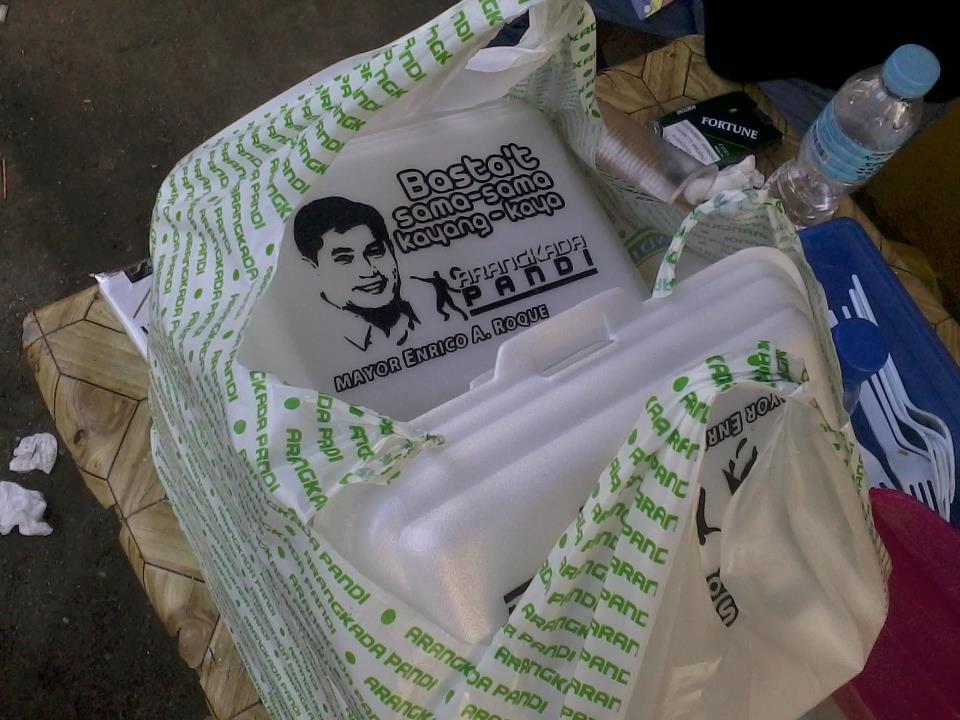
By MIKHA FLORES
THE Commission on Elections does not have enough people to monitor poll violations on the ground, so it is turning to the public to help them go after erring politicians.
Elections Commissioner Christian Robert Lim, who heads Comelec’s Steering Committee on Campaign Finance, said the poll body only has two employees “on the average” in every town.
That means, if three candidates will stage public rallies on the same day, Comelec field officers would not be able to monitor all three candidates, especially when they hand out packed lunches, free transportation or even money, Lim said.
“How can you expect two people in every municipality to monitor all these?” he said.
Comelec is counting on the public to be their eyes and ears both on the ground and online.
“The rallies may be far away from each other but if you have a netizen who is present on these rallies, she can take a picture of the activity. She can submit it to our field officer. Then we can act on it,” Lim said.
The same goes with online campaigning.
“If you were surfing and you saw in one Website a candidate offering prizes, then you can report it too,” Lim said.
Comelec has also opened up the filing of disqualification cases to the public.
“We’re now allowing civil society groups, nongovernment organizations to file petitions for disqualifications against candidates themselves, and we’re waiving the filing fees for that to make it easier and also in the spirit of self-regulation on the part of the candidates themselves,” Lim said.
Lim said Comelec is uploading templates of documents to make it easier for the public to report and document the violations and transform it to admissible evidence.
But he said the commission will only act on complaints that have supporting documents.
“You also can’t expect us to do the impossible. If there is no paper trailwhere will my proof come from?” he said.
The complaint form and affidavit are already attached in Comelec’s campaign finance resolution.
Responding to the poll body’s challenge, Vincent Lazatin, head of Transparency and Accountability Network, said TAN could mobilize the more than 37,000 followers of the Anti-Epal Facebook page that it put up.
But Lazatin and his group fear that the poll body may not have the capability to respond to reports from the public.
“One of the worst that can happen is, we get the public excited about reporting and we’re not able to handle the reports,” he said.
